WISE LEARNING PROCESS
Learn Deeply, Be Creative, Experience Wholeness, and Make Great Happen.
WELCOME!
- Wise Learning Process creates an environment of academic excellence and a growth mindset.
- We organize learning around Universal Themes and Big Ideas in order to provide a global perspective and to allow for interdisciplinary connections.
- Learning the skills of critical and creative thinking is essential to succeed in the unknown jobs of the future.
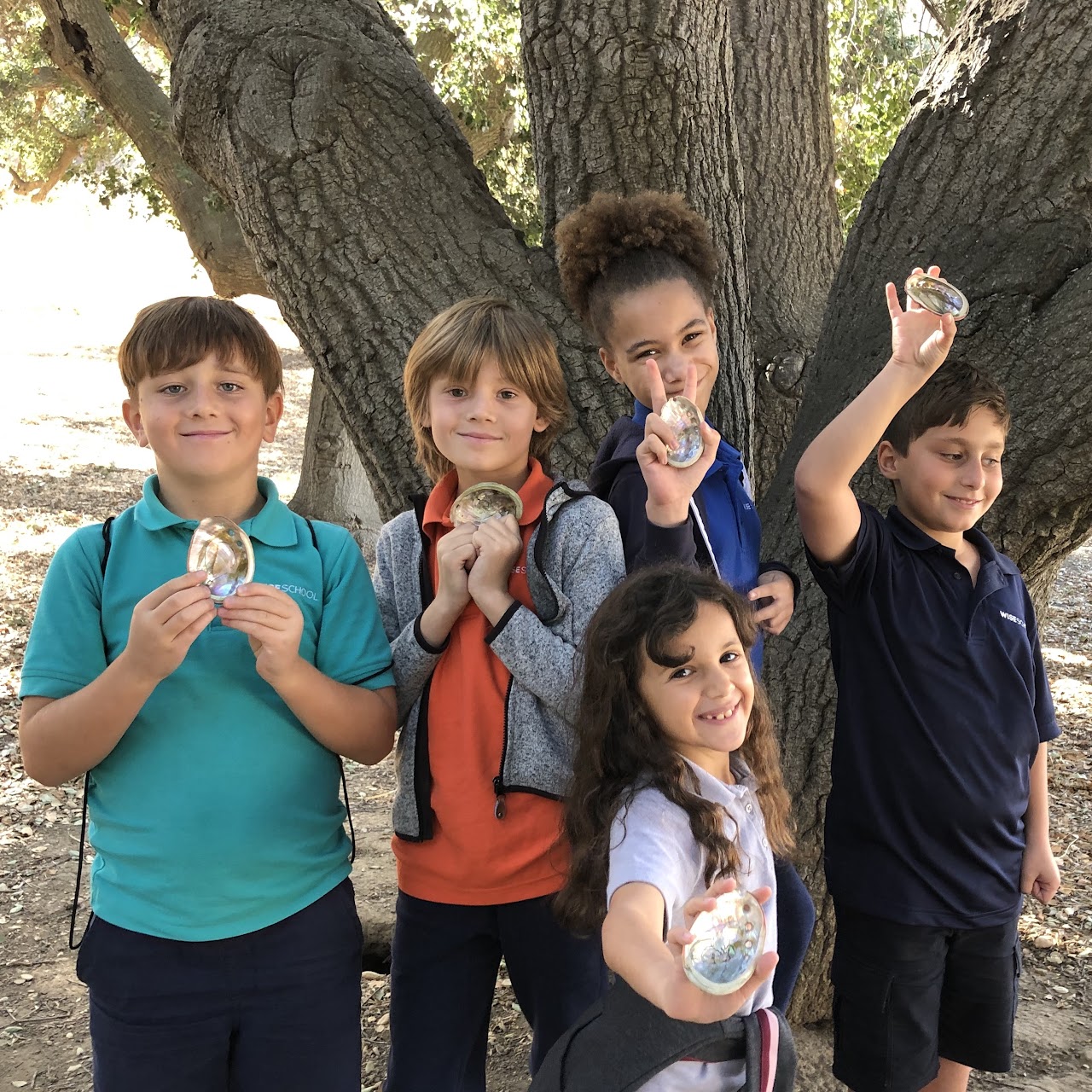
Wise
Our students learn deeply about the world and their Jewish heritage.

Learning
Through depth, complexity and independent study, our students learn how to learn.
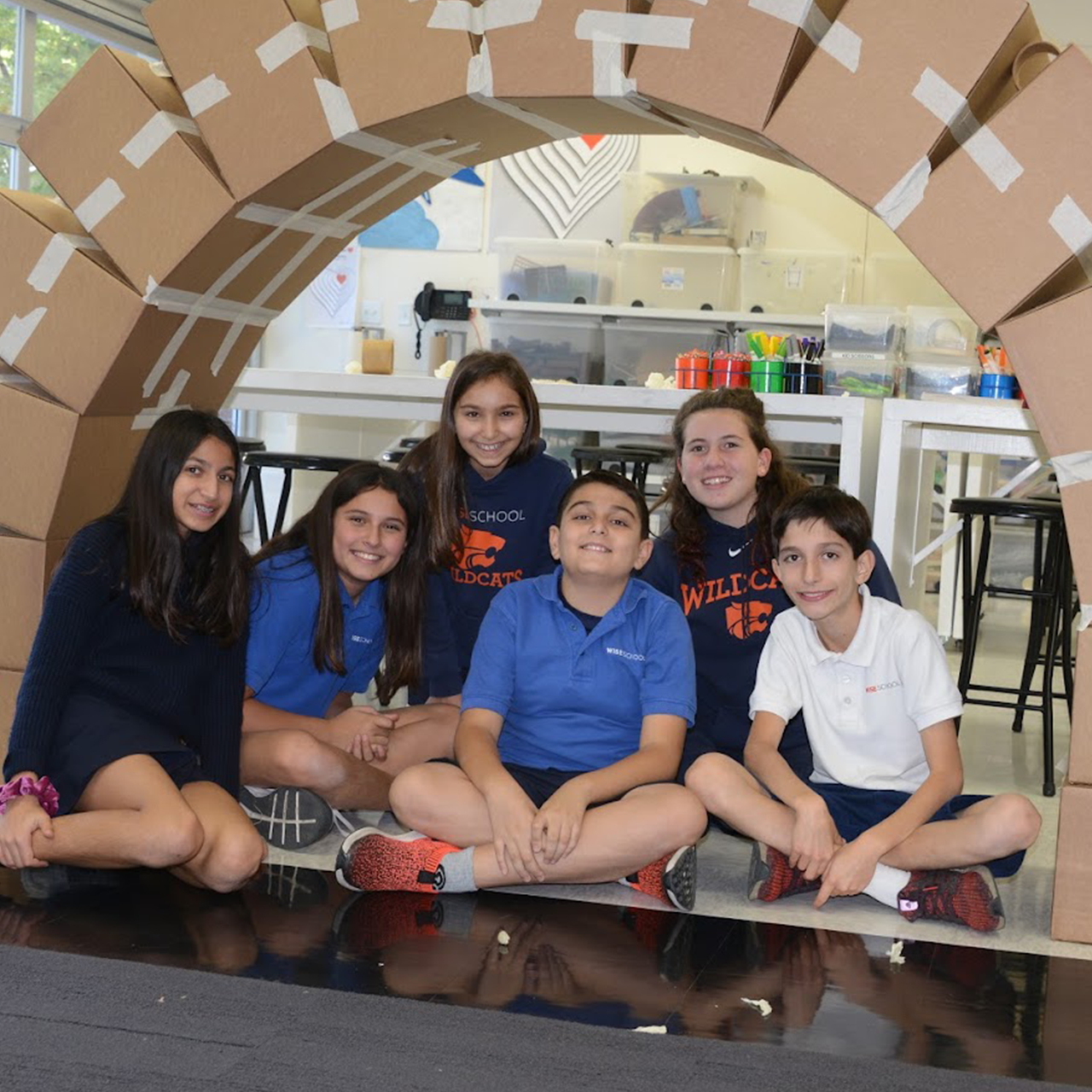
Process
Children build knowledge as they ask questions, research, solve problems, and add layers to their understanding.
 The Wise Learning Process (WLP) is a way of encouraging students to think deeply, critically, and creatively across the curriculum in all subject areas. Inspired by Dr. Sandra Kaplan of USC Rossier School of Education, Wise School adapted her philosophy to make it our own, fitting the needs of our student community and our school-wide mission and vision. Grade level coaches meet regularly in order to provide leadership for our faculty on ideas, strategies and lessons in their own classrooms. Our WLP offers a gifted curriculum to all of our students, because we believe each learner deserves to be challenged, inspired and motivated. The depth and complexity icons are “think signs,” or visual prompts, used in all disciplines. These tools guide students to dig deeper into a concept (depth) and understand the concept more broadly (complexity), helping them organize their thinking and make connections between ideas, concepts and subject matter.
The Wise Learning Process (WLP) is a way of encouraging students to think deeply, critically, and creatively across the curriculum in all subject areas. Inspired by Dr. Sandra Kaplan of USC Rossier School of Education, Wise School adapted her philosophy to make it our own, fitting the needs of our student community and our school-wide mission and vision. Grade level coaches meet regularly in order to provide leadership for our faculty on ideas, strategies and lessons in their own classrooms. Our WLP offers a gifted curriculum to all of our students, because we believe each learner deserves to be challenged, inspired and motivated. The depth and complexity icons are “think signs,” or visual prompts, used in all disciplines. These tools guide students to dig deeper into a concept (depth) and understand the concept more broadly (complexity), helping them organize their thinking and make connections between ideas, concepts and subject matter.
Wise School began a partnership with the USC Rossier School of Education in the 2010- 2011 school year. After meeting with Dr. Sandra Kaplan, we signed a joint agreement to provide professional development to Wise School teachers on the work of depth, complexity, critical and creative thinking. After working with Dr. Kaplan and her colleagues, in 2016-2017 we had evolved the process to a point where our approach was unique, and we therefore branded the training and curriculum as the Wise Learning Process.
By teaching children to organize information in various ways, and to synthesize new information with preexisting ideas, we help them make meaningful connections, develop higher order thinking skills, and prepare them to be 21st century learners. As comfort level and fluency in the WLP grows, independent thinking skills soar. Additionally, the Wise Learning Process builds a deeper connection between the Hebrew language and Judaic Studies, and the foundational knowledge that the two are inseparable. We notice that our WLP elevates the critical and creative thinking of even our more challenged learners, enabling them to voice deeper understanding of complex topics.
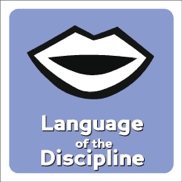 Dr. Kaplan visits our campus regularly to work directly with our teachers in grade-level groups. Some of our faculty and staff attend the Summer Gifted Institute at USC. Dr. Kaplan often sends us her best grad students to participate with, and eventually join, our faculty. Our faculty has two WLP leaders, one a general studies teacher and one a Hebrew/Judaic teacher, who organize and facilitate monthly meetings with their colleagues to share new WLP lessons and approaches and to help foster cross-curricular integration between the subject areas. We periodically conduct on-campus training sessions on the Depth and Complexity icons, the
Dr. Kaplan visits our campus regularly to work directly with our teachers in grade-level groups. Some of our faculty and staff attend the Summer Gifted Institute at USC. Dr. Kaplan often sends us her best grad students to participate with, and eventually join, our faculty. Our faculty has two WLP leaders, one a general studies teacher and one a Hebrew/Judaic teacher, who organize and facilitate monthly meetings with their colleagues to share new WLP lessons and approaches and to help foster cross-curricular integration between the subject areas. We periodically conduct on-campus training sessions on the Depth and Complexity icons, the
Thinking Like a Disciplinarian approach, the use of Universal Themes, and independent study projects.
The walls of the classrooms have the grade level Universal Concept posted, spurring conversations that weave around and encompass this theme. Each grade level focuses on a specific Universal Concept, such as Power, Change, Patterns, Adaptations, or Relationships. Under each Universal Concept live many Big Ideas, which are highlighted within lessons focusing on the key concepts being taught. Examples might include:
The icons of Depth and Complexity are displayed on the walls, and on student work, and used daily. Scholars use the language of the Wise Learning Process in classroom discussions and in their writing. Student work reflects the deeper thinking around these “think signs” and Big Ideas. Our WLP is evident across all disciplines, including Hebrew and Judaic Studies. This strengthens the understanding that everything in our world is connected in some way. You might hear a Wise student making connections between the earth science lesson in their science lab with a Judaic Studies lesson on the creation story; or students taking their Universal Concept of Systems and connecting it to transportation systems in social studies or the human circulatory system in science.
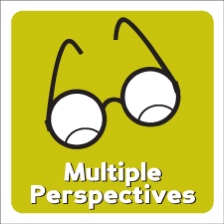 While most schools attempt to meet the needs of their higher-end learners, Wise School does so in a unique and purposeful way; through developing the Wise Learning Process, we have reoriented our entire approach to daily instruction:
While most schools attempt to meet the needs of their higher-end learners, Wise School does so in a unique and purposeful way; through developing the Wise Learning Process, we have reoriented our entire approach to daily instruction:
- Through the use of the WLP, all our students at all ability levels are challenged and enriched.
- Unlike some other schools, we don’t separate or isolate students into “tracks” or groups. We believe that students of various ability levels benefit from being in class with and learning from each other, and so we have heterogeneous classes.
- Without over-relying on Acceleration, we focus on Depth, Complexity and Novelty, to enrich all of our students, but especially our more advanced ones.
- Our WLP is front and center in our curricular program; integrated into all subject areas at all grade levels with all students. It is a priority in our annual budgeting process.
- At most other schools, there may be one or two teachers who specialize in gifted learning. Wise school trains and supports our entire faculty in the consistent use of the WLP. This is what makes Wise School stand out from all the rest, the only Jewish day school to have
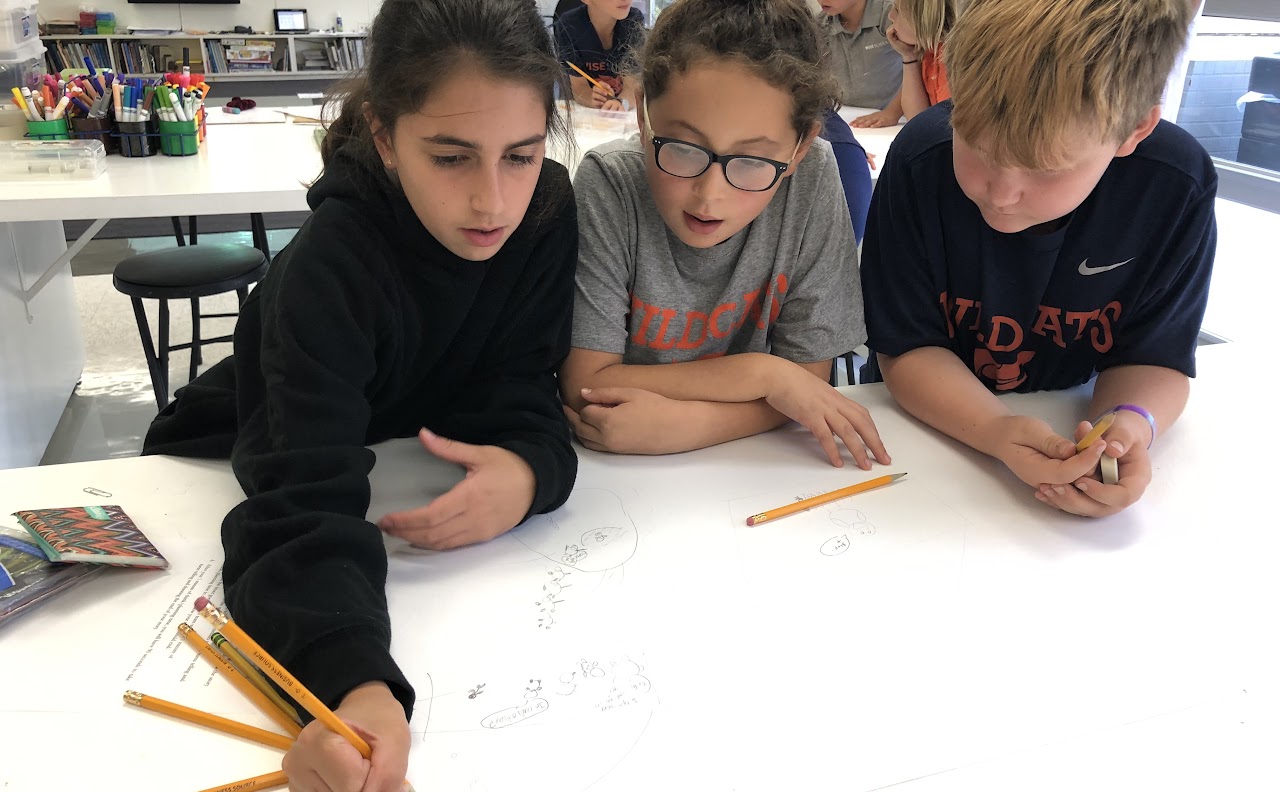
Through collaboration, students solve real world problems.
